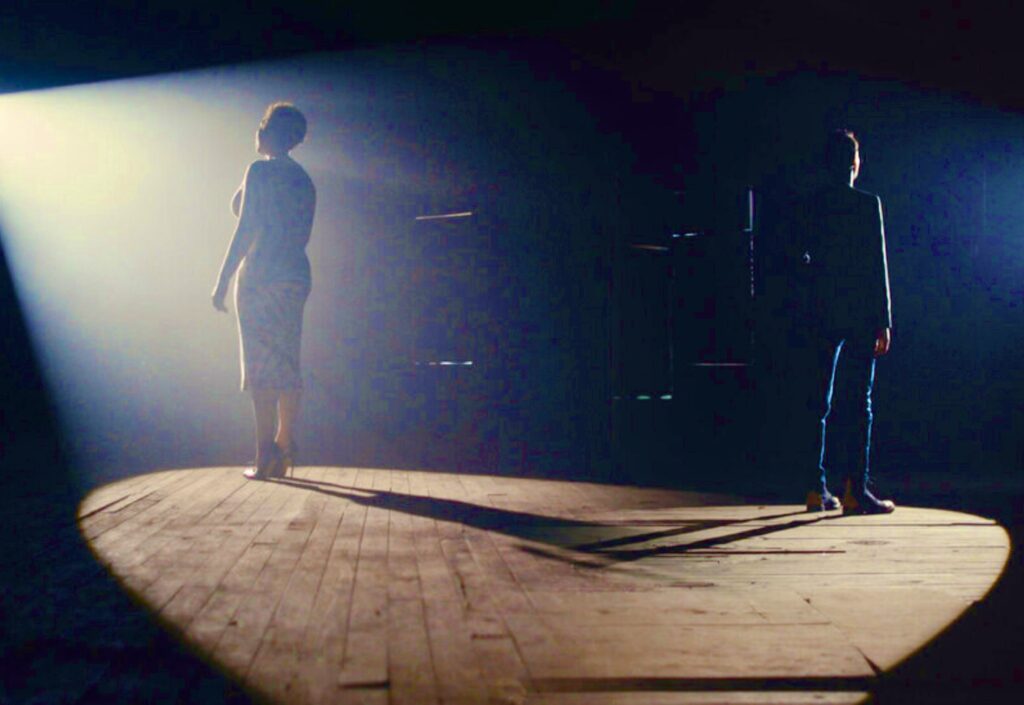
(***)
When you listen to country music you can hear the Black blues and Mexican heritage influences in it. But no one has every explained how the genre became so homogeneously white and male when its roots sing a different song.
Documentarian Francis Whately (David Bowie: Five Years) pulls the curtains back on the country music scene, and goes backstage where budding Black, Latino, LGBQT+, female artists and innovators are rocking the genre to its core and telling their stories.
They’re the disrupters who’re becoming the new guard. This doc’s footage is filled with their intimate interviews, archival footage, recorded performances and photos that back up Whately’s thesis that country music is both going full circle and down a different path. Back to its true beginnings and forward to the people bringing change.
The new truth is that the Black gay country/pop/hip hop/trap singer Lil Nas X opened a door to a new kind of acceptance. White men aren’t the only ones reaching the top of the country charts anymore. This burgeoning open-mindedness is an odd reckoning. According to the film, what was once known as “race music” became “R&B.” What was known as “hillbilly music” became country. But both art forms had the same roots. That’s enlightening info and a lot to digest.
Black country artist Blanco Brown is one of the creators of “trap” music, a modern country subgenre. It’s country stuff with a rhythmic, minimalistic production that uses synthesized drums. It’s characterized by complex hi-hat patterns, snare drums, bass drums, some tuned with a long delay to emit an inescapable bass frequency (originally from the Roland TR-808 drum machine). If Reggaeton or Afrobeat music had a country brother, this would be it. Trap is the new deal. And it’s Black.
Watching a Mexican American singer stake his claim in the genre as he points to Freddie Fender (“Before the Next Teardrop Falls”), a Latino pioneer, provides a fresh glance. Seeing the legendary Roy Rogers sing with a sound similar to Mexican crooners is an eyeopener too. Also, the trumpets on Johnny Cash’s classic “Ring of Fire” sound so Latino inspired it’s hard to understand why the horn music in the background wasn’t recognized as Mexican heritage a long time ago.
Whatley and editor Mike Duly assemble all the evidence meticulously. You never question the order of photos, archival footage, interviews and other facts. Every scene is perfectly lit and photographed by cinematographer Louis Caufield. All production elements suit this style of filmmaking as it best shines a light on what was, what is and what the future will bring. Hard to imagine viewers in a theater watching this. Easier to fathom Rebel Country streaming on Netflix, MAX, Prime Video, CMT (Country Music Television) or any other service that caters to music lovers or country/cowboy culture.
As the lesbian singer Chely Wright tells her story and former convict and Grammy nominee Jelly Roll shares his industry perspectives, you can see the widening of opportunities. When Hank Williams’ grandson, a gay country singer, describes the racism that ran in his family and how he is the new voice, it resonates.
Possibly the most rebellious of them all is BRELAND. He’s a young Black man from Burlington Township, New Jersey who now flaunts his country-trap-hip hop hybrid that is so brash. He even made a music video for his hit song “My Truck,” that starts with him pushing a white country singer out of his path. Additional anecdotes and observations by Emmy Lou Harris, country/soul singer Rissi Palmer, Lainey Wilson and HARDY cement the new artists’ rebel status.
Country music is acknowledging its old roots and welcoming its new artists and it may never be the same again. All that is documented in this very illuminating and progressive look at a genre in a state of change.
For information about the Tribeca Film Festival go to: https://www.tribecafilm.com
Visit Film Critic Dwight Brown at DwightBrownInk.com.